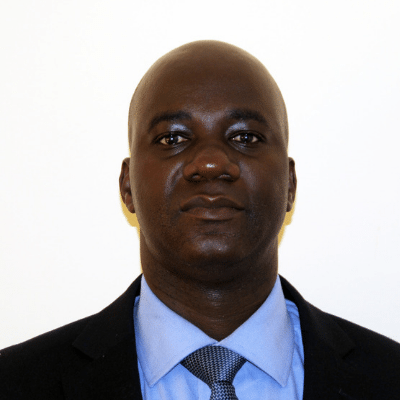Bindura based Nickel producer Bindura Nickel Corporation (BNC) says the Reserve Bank of Zimbabwe must allow mining companies to retain at least 80% of their export earnings in foreign currency as they spend a lot of the money paying electricity bills.
The government early this year gave mining companies and hotels permission to pay their electricity in foreign currency to allow the Zimbabwe Electricity Supply Authority (Zesa) to pay for power imports from South Africa and Mozambique.
On Friday, the government extended the dispensation to all exporters and partial exporters following the gazetting of new regulations through a statutory instrument.
Statutory Instrument 249 of 2019 known as Exchange Control (Payments for Electricity and Related Services in Foreign Currency by Exporters and Partial Exporters) sets the parameters for the new arrangement.
BNC MD Batsirai Manhando, however, said the current 55% foreign currency retention thresholds meant that companies were left without adequate foreign currency to pay for other essential imports.
“As an industry, we agreed to pay for power in foreign currency and in advance for us to guarantee uninterrupted power supply,” Manhando told Standard business.
“However, this has constrained the foreign currency, which is available to us for other imports.
“The 55% retention threshold is clearly no longer adequate and we are lobbying government so that it increases the retention threshold.
“We are looking at a retention of 80% for us to remain viable.”
RBZ governor John Mangudya recently indicated that the central bank was willing to review the foreign currency retention levels for the mining industry.
Companies in the tourism sector are already being allowed to retain 80% of their earnings in foreign currency.
Manhando revealed that the arrangement between Zesa and Eskom for the prepayment of electricity supplies to miners was working smoothly so far.
“There is an account, which we pay into. Zesa has got sight of that and Eskom has got sight of it so that the money goes straight to Eskom without being transitory,” he added.
“When Eskom sees the payment, they can then supply the power. “They have to see the money first before they supply the power.”
Manhando said BNC had not experienced any power cuts since the arrangement was put into place.
“Interruptions are there when there are problems on the grid,” he said.
“By and large when we started this, there has been a steady supply of power.”
power cuts have crippled businesses, which now have to spend more on alternative sources of fuel such as generators amid an acute shortage of fuel.
On Friday, Zimbabwe was only producing 514 MW of electricity against the peak demand of 1 400 MW.
The power utility has been battling to pay legacy debts owed to South Africa’s Eskom and Hidroelectrica De Cahora Bassa (HCB) of Mozambique.
Since his appointment in September, Energy minister Fortune Chasi has been negotiating with the two power producers to increase their electricity supplies to Zimbabwe, but the Zesa debts have proved to be a stumbling block.
The Standard
.png)




